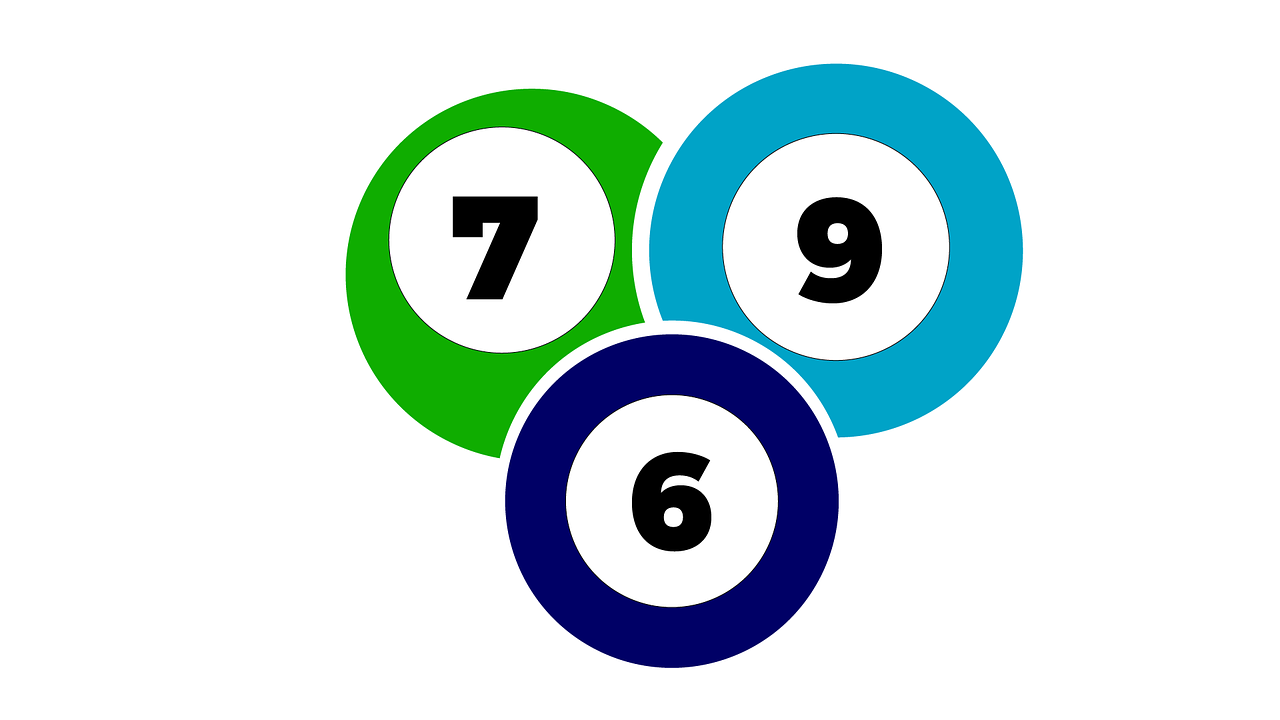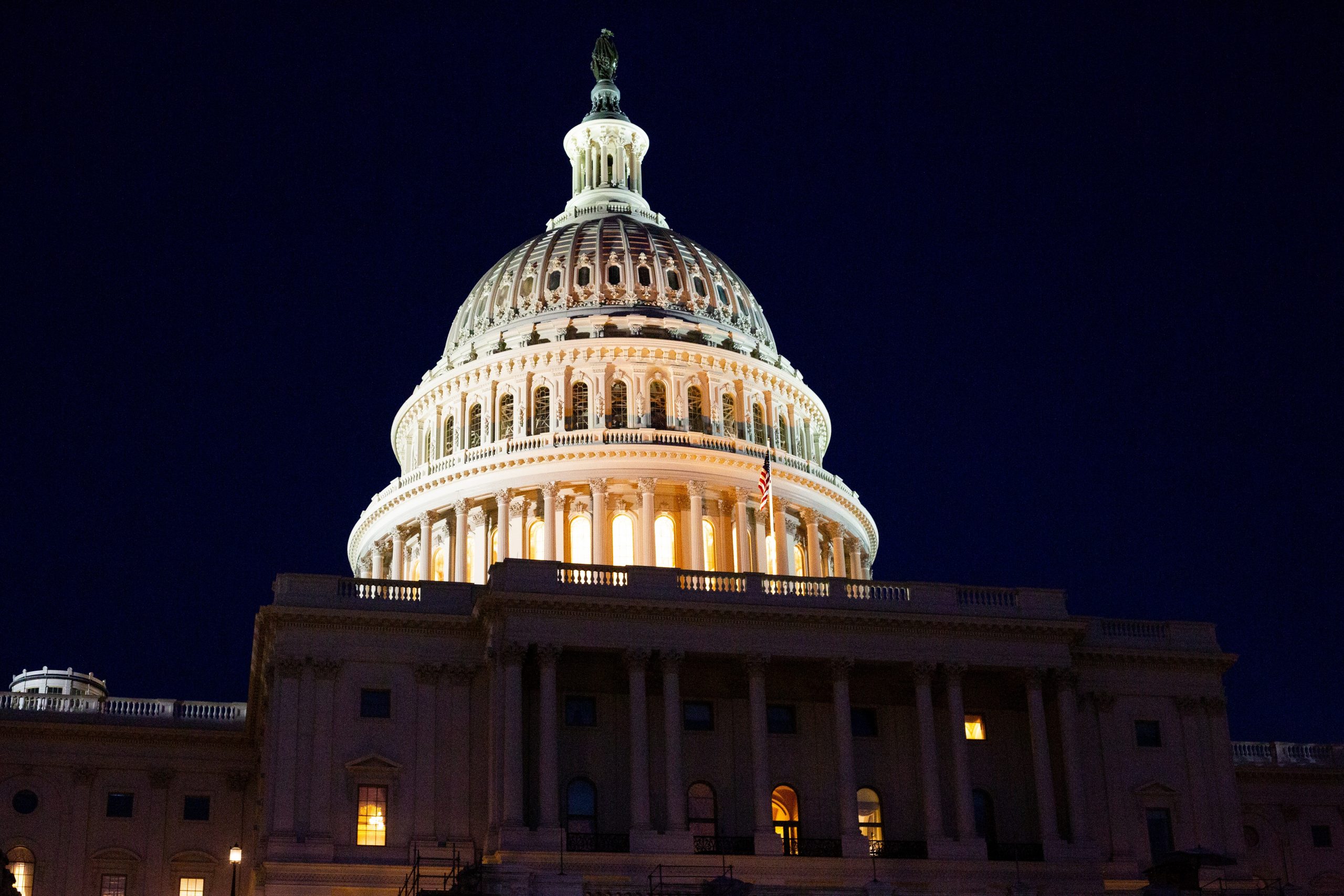We kick off the start of a brand-new week with the latest in the world of immigration. This week we are excited to announce new H-1B FY 2023 cap season updates — the lottery is now complete!
H-1B Fiscal Year 2023 Season Updates
As our readers will know, the mandatory electronic registration period for the H-1B fiscal year 2023 season kicked off on March 1, 2022, and ended on March 18, 2022.
We had expected USCIS to notify all H-1B petitioners of selection by April 1st (the earliest date when H-1B cap-subject petitions for FY 2023 can be filed). However, news of selection came much quicker.
On March 29, 2022, USCIS announced that the H-1B FY 2023 cap was reached, and that enough registrations were also received for the advanced degree exemption (U.S. master’s cap). From these registrations, USCIS selected petitioners at random to be eligible to file an H-1B cap-subject petition for the beneficiary named in the applicable selected registration.
Petitioners will need to login to their USCIS online accounts to check the status of their registration.
If you were not selected in the FY 2023 cap the following status will be shown in your online account:
- Not Selected: Not selected – not eligible to file an H-1B cap petition based on this registration.
If you were one of the lucky winners of the FY 2023 cap the following status will be shown:
- Selected: Selected to file an H-1B cap petition.
 Visa Lawyer Blog
Visa Lawyer Blog











